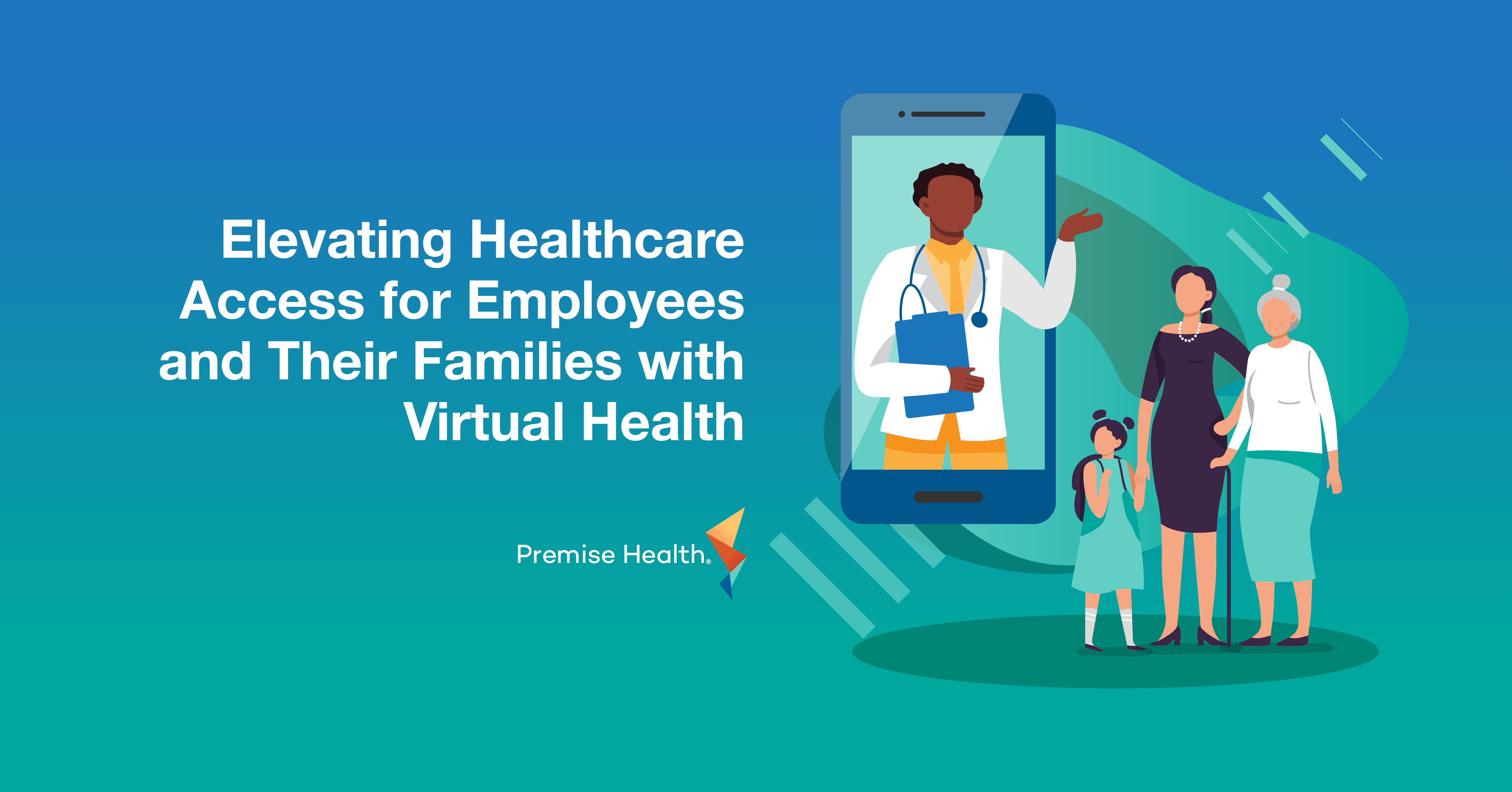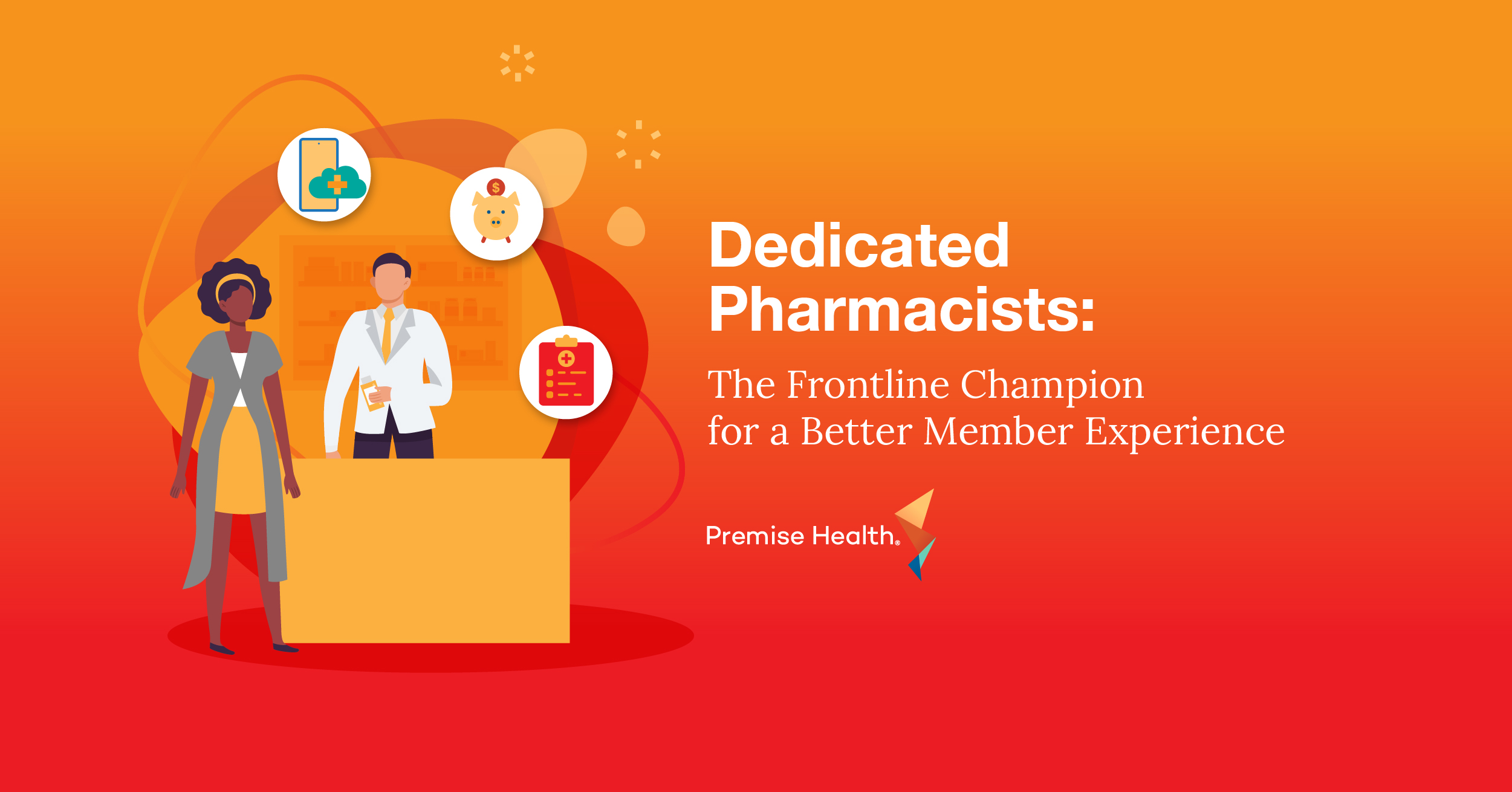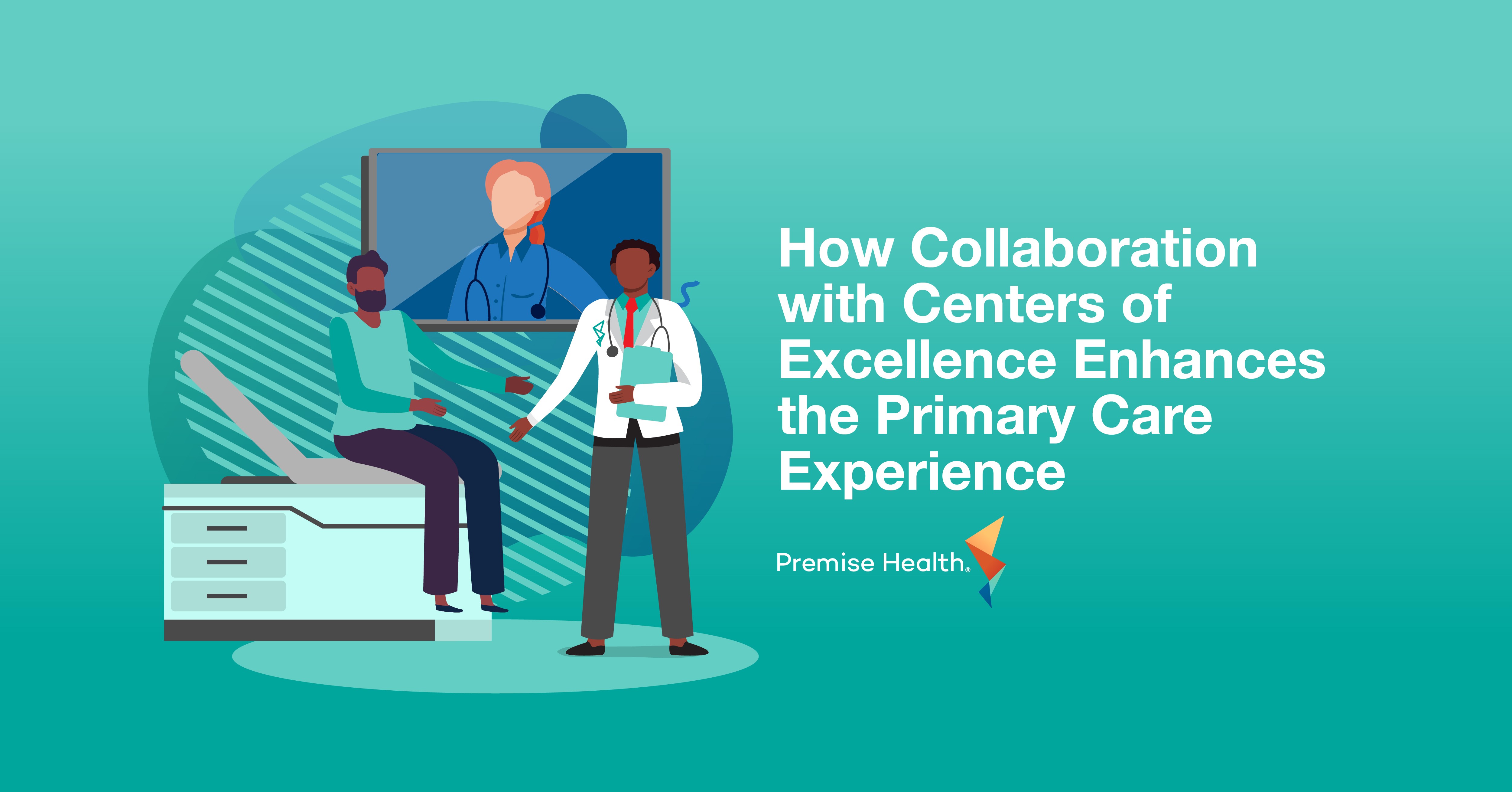Disease Educator and Three Other Roles You Didn’t Know Your Pharmacist Plays in Your Care
Pharmacists may be one of the most accessible clinicians, but many people don’t know that they can play a far larger role in your health than just handing you your meds at the counter.
While you may know your pharmacist as the friendly face that greets you when you pop in to grab bandages and over-the-counter medicine, when they take a clinical pharmacy approach, pharmacists are also an integral part of the care team. They amplify the care that members get across the spectrum of health and serve as a trusted resource for members who need ad hoc support.
Let’s learn a little more about the roles they can play over the course of your health journey.
A resource for disease education
While many of us probably think of “speaking with a pharmacist” as a 30–second encounter at a community pharmacy check-out, your relationship can (and should) go far deeper than that.
Clinical pharmacists can meet one-on-one with people to educate them about the diseases and chronic conditions that impact their lives, from cancer to asthma to diabetes. They take a member’s social determinants of health and the barriers to care they may experience into consideration and help them navigate the biggest obstacles to getting well.
Having an expert available to answer questions about the health challenges they struggle with daily helps members to better understand why it’s important to take medication as prescribed, what lifestyle changes can make treatment more successful, and what symptoms and side effects they can expect.
As a result, members can feel empowered to make educated decisions for themselves, boost their medication adherence, and understand that they have a clinician in their corner to help them make the most of their treatment.
An advocate for drug affordability
Drug cost is one of the most common reasons for people not correctly taking their medication: 18 percent of U.S. adults didn’t fill a prescription in 2022 because they didn’t feel like they could afford it. But knowledgeable pharmacists can be the answer when cost stands between members and their medications.
When they collaborate with the rest of the care team as part of an advanced primary care approach, pharmacists can coordinate with providers and leverage their industry knowledge to maximize medication affordability and source efficient drug options for members.
With integrated pharmacy and primary care, pharmacists can work with PCPs to identify cost-effective generic medications that meet the same needs that expensive name-brand drugs do. They can manage an on-site pharmacy’s formulary and provide expert recommendations on ways to cut costs without damaging the member experience.
Pharmacists can also lead the charge on variable copay programs by identifying members who would benefit and guiding them through the process of signing up for copay assistance cards, which can be likened to manufacturer-funded coupons for certain drugs. This reduces both member financial responsibility and the organization’s bottom-line health spend.
Overall, pharmacists can save money for members who are looking to pay less out of pocket to feel better and help employers who are looking to cut back on their population’s overall healthcare cost.
The frontline for proactive care
Important integrated pharmacy conversations can happen outside of appointments too.
Imagine this: A pharmacist at an onsite pharmacy may notice that a member is investing in a lot of certain over-the-counter medications. When the pharmacist asks the member about their symptoms and discovers that the member is experiencing a chronic health issue, they offer to make a warm hand-off to a PCP. The member accepts the hand-off, attends the appointment, and is treated quickly so they’re able to get back to their normal life.
This relationship is proactive care at its finest. Members benefit from being able to avoid specialty care and procedures they might have faced if their condition worsened, and employers know they’re getting expert intervention on potentially high-cost events before they affect the bottom line.
A source of support for members
Any health event, from the smallest cold to a chronic condition diagnosis, can add stress to your day-to-day life, but having a relationship with your pharmacist can help. Whether it’s answering your questions, offering strategies and encouragement for remembering to take your medication, helping you manage the side effects from important treatments, they’re in your corner and ready to help put your mind at ease.
One member was experiencing pain that made walking difficult, and their doctor sent a prescription for pain medication to their health center pharmacy. When a phone call revealed that the member had no way to pick up the medication immediately, the pharmacists on duty went the extra mile and hand-delivered the medication on the way home from work. This is just one example of how we’ve seen our pharmacists play this support role for members.
Having this access to a supportive clinician with whom members can build a relationship pays off. Positive relationships with providers make members more likely to tap into their expertise when needed and can even result in more positive health outcomes.
It’s good news for members and organizations that provide employer-sponsored pharmacy services – members can be confident knowing they’re getting cost-effective care, and their employers can rest assured they’re getting the most out of their investment.
Help your people build an incredible care team
Investing in a pharmacy solution is more than investing in someone to hand out medications – it’s adding an educator, advocate, and supporter to your – and your family’s – care team. This role is often overlooked but provides a wealth of knowledge and support to your people.
Pharmacists can be intimately involved with a member’s care, from offering disease-specific education and saving them out-of-pocket cost on their drugs, to providing warm hand-offs to other members of the care team and easing their mind when it comes to stressful health events.
Ready to take the next step to offering a stand-out pharmacy experience for your people? Get in touch today to get started.
Next on industry insights.

Elevating Healthcare Access for Employees and Their Families with Virtual Health
Read the Blog
Dedicated Pharmacists: The Frontline Champion for a Better Member Experience
Read the Blog